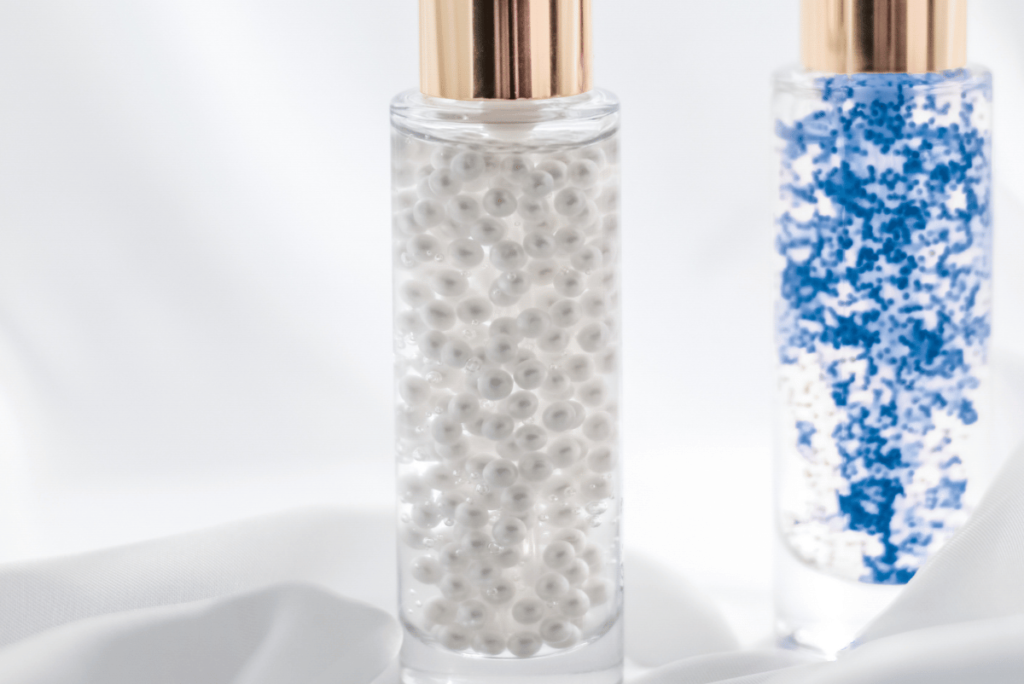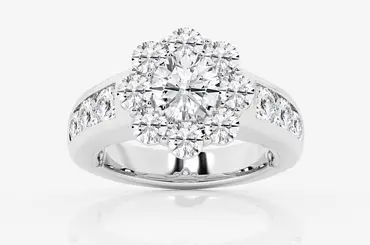In recent times, a lot of beauty hacks have been flying around social media platforms. Different make-up artists and even random people that apply make-up show the skills and hacks they have come up with.
One of those hacks is the use of lube as a primer. Lube is one of the popular lubricants which is known to be a sexual lubricant. Can Lube be used as a primer?
With an understanding of what primer is used for, lube will not be considered a good primer option, irrespective of its components or ability to make your skin glow.
In this blog post, you will learn more about why lube shouldn’t be considered for primers. Come along.
11 Reasons Why Lube Is Not a Good Primer Option
Using lube as a primer is not recommended or is an effective substitute for a true primer. Lubes, such as silicone-based or oil-based variants, are primarily formulated for lubrication purposes and are not manufactured to be used as primers.
Here are a few reasons why lubricants should not be used as primers:
1. Lack of adhesion
Unlike dedicated primers, lubricants are not specifically engineered to improve adhesion between surfaces. While some lubes may temporarily adhere, their effectiveness is questionable in the long term, leading to potential issues like early paint failure.
2. Incompatibility with colors
Lubes are not formulated to work in harmony with various color types. They can interfere with the chemical and physical properties of color, leading to uneven drying, cracking, or peeling.
3. Poor substrate sealing
Another key attribute of primers is their capability to seal porous surfaces, ensuring that the topcoat does not get absorbed unevenly. Lubes lack this sealing property, leading to potential problems with the consistency and finish of your color.
4. Durability and longevity
Primers are designed to provide a solid foundation for your color or layer, ensuring its durability and longevity. Lubes lack the necessary components and specific formulation to offer this level of protection.
5. Skin preservation
Lube, unlike other primers, could potentially wreak havoc on the skin and cause skin damage. It’s not surprising because it’s not made to be a primer; it was made as a s£xual lubricant.
6. Irritation
It can seriously burn if you get any in your eyes, and if not careful can cause an eye defect. Dermatologists have said that using lube on the face could lead to breakouts and irritation. According to Marisa Garshick, MD, FAAD, a board-certified dermatologist in New York City, NY, oil-based lubricants are likely to clog pores.
Lube contains components like preservatives or scents that aggravate or damage the skin, especially lubes that guarantee to add a feeling of warmth or that are flavored.
7. Harmful ingredients
Furthermore, spermicide found in some lube is a pretty brutal, potentially irritating ingredient to be rubbing onto your face. It may be tempting, and you might want to try out the work of the lube but remember your skin is not worth experimenting with.
8. Skin hygiene
Our skin has natural bacteria, which help to keep the skin from getting infected easily, and these bacteria can be easily removed if you use products that are harmful to the skin. Oily substances like lube create an oxygen-free environment which allows acne-causing bacteria to develop and kills off the skin’s naturally friendly bacteria
9. Premature aging
The use of lube can be fatal; even though you get a satisfied glow at the moment, continuous use can cause bad effects. Among many risks, there’s also a risk of premature aging because when you artificially saturate the skin’s surface with oil, it may stop producing it. This can lead to the skin becoming critically dry, which can increase the risk of wrinkles.
10. Skin type compatibility
Different skin types have distinct needs when it comes to primers. For instance, those with dry skin may benefit from a hydrating primer that provides moisture and helps prevent makeup from clinging to dry patches.
On the other hand, individuals with oily skin may require a mattifying primer that controls excess oil and reduces shine. Specialty primers are designed to cater to specific skin types, offering a more tailored solution compared to lubricants. Lube may not cater to these specific concerns and may not provide the desired results for different skin types.
11. SPF protection
Many primers come with added benefits, such as SPF protection, which shields the skin from harmful UV rays. This added layer of protection helps prevent skin damage, premature aging, and even skin cancer.
Lubes typically lack SPF protection, which is an important consideration for daily makeup application. Opting for a primer with built-in SPF can ensure that your skin is protected throughout the day, meeting both makeup and skincare needs simultaneously.
4 Alternatives To Using Lube As A Primer
There are many alternatives to using lube as a primer. Some alternatives include moisturizers, sunscreen, or dedicated skincare primers specifically formulated for makeup application.
These alternatives cater to different skin types and provide a more reliable and effective option for priming the skin before applying makeup.
1. Silicone-based primers
Silicone-based primers create a smooth and silky base for makeup application. They help blur imperfections, fill fine lines and pores, and provide a velvety finish. These primers typically have a lightweight texture and can help extend the longevity of your makeup.
2. Mattifying primers
A mattifying primer can be a great alternative to lube for oily skin. These primers are formulated to control excess oil and minimize shine throughout the day. They often contain oil-absorbing ingredients, such as kaolin clay or silica, which can help keep your makeup in place and prevent it from sliding off.
3. Hydrating primers
If you have dry or dehydrated skin, a hydrating primer can provide a boost of moisture and create a smooth canvas for makeup. These primers usually contain nourishing ingredients like hyaluronic acid or glycerin to hydrate and plump the skin, allowing for better makeup application and a more radiant finish.
4. Illuminating primers
For a radiant and dewy complexion, an illuminating primer can give your skin a luminous glow. These primers often contain light-reflecting particles that help to enhance your natural radiance and create a lit-from-within look.
Conclusion
While the idea of using lube as a primer may initially pique curiosity, it is clear that dedicated facial primers designed for makeup application offer numerous advantages, such as ingredient safety, compatibility with various skin types, longevity, and overall performance.
Incorporating a traditional primer into your makeup routine not only enhances the application and longevity of your makeup but also addresses specific skincare needs. By selecting a primer that complements your skin type and concerns, you can create a smoother base, control excess oil, minimize the appearance of pores, and even provide added SPF protection.






